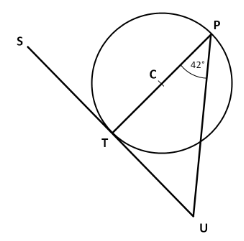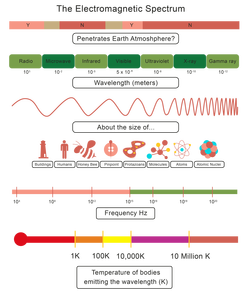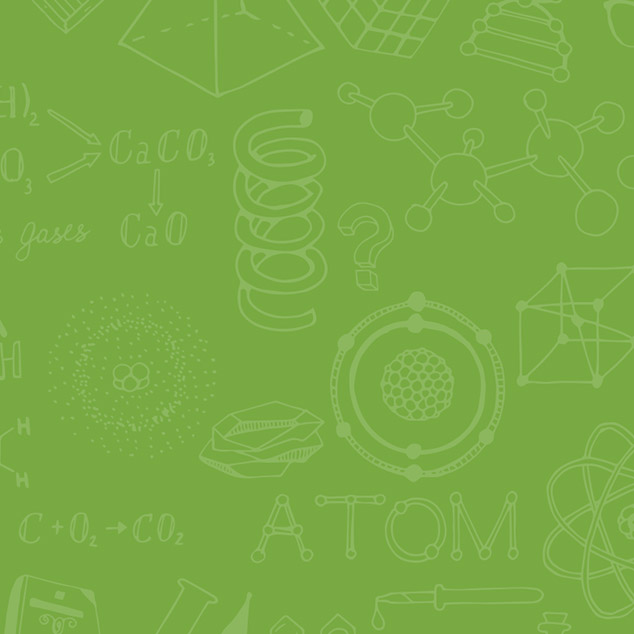In our latest blog series - 'Year Overview' - we help you get familiar with all the key topics your child will learn and the key skills they'll improve in primary and secondary school. Here's a brief overview of Year 10 in English, maths and science with focus areas and main topics.
* Year 10 Overview *
English - Years 10 and 11
Ms Brown - English teacher
During Years 10 and 11 the children will be working towards their GCSEs in English and English Literature. Some children may sit one of these GCSEs at the end of Year 10 and some may wait until Year 11 to sit both. Both models are normal and different schools structure their courses to meet the requirements of their particular students.
During the GCSE course of study, the children will continue to read and appreciate the English literary heritage. They'll read a wide range of whole texts including challenging classic literature and nonfiction such as essays and journalism. Over the two years they'll study at least one play by Shakespeare, various works from the 19th, 20th and 21st centuries and a range of poetry from 1789 including Romantic poetry. The children will be encouraged to understand and critically evaluate the texts and then make an informed personal response to the texts. They'll also understand that there can be different responses to the same text.
At GCSE level, the children are required to be accurate and fluent writers who can write effectively and at length for information and for pleasure. They'll need to be able to write for various audiences and purposes for example: to explain, argue, instruct, describe and narrate. The children will need to select and organise their ideas and be able to cite evidence such as quotations in their writing. They'll need to be judicious revisers, editors and proof-readers and ensure that their draft reflects the original purpose.
As part of their GCSE studies the children will be required to take part in various speaking and listening tasks including: discussions, debates, role play and delivering a speech. All this will be helping to prepare them for the world of work! By the end of Year 11 the children will finish their compulsory English studies as confident, critical readers who can articulate themselves fluently through the written medium. What a journey it has been!
Maths - Years 10 and 11
Mr Lamberth - Maths teacher
 During the first year of the GCSE course all of the content to succeed up to grade 5 should be covered. Building on everything studied up to year 9, a few of the highlights of the GCSE course are the introduction of surds, e.g.√3, increased use of Pi and factorising quadratics. The understanding of surds is hugely useful as children are expected to know and use the exact values of sin 60°, cos 45° and tan 30° amongst others by heart. In fact, all formulae required for the GCSE exam will need to be learned as no formulae will be provided in the exam. Pi comes in hugely handy when calculating arc lengths and areas of circle sectors. A further requirement is to find equations of a line given two coordinate points and to solve simultaneous equations algebraically, without using a diagram. In probability, children will be using tree diagrams to calculate the probability of dependent and independent events. Children also continue to work with data, calculating the quartiles, the inter quartile range and representing this data on cumulative frequency diagrams and box plots. They are expected to interpret these diagrams and spot trends in the data.
During the first year of the GCSE course all of the content to succeed up to grade 5 should be covered. Building on everything studied up to year 9, a few of the highlights of the GCSE course are the introduction of surds, e.g.√3, increased use of Pi and factorising quadratics. The understanding of surds is hugely useful as children are expected to know and use the exact values of sin 60°, cos 45° and tan 30° amongst others by heart. In fact, all formulae required for the GCSE exam will need to be learned as no formulae will be provided in the exam. Pi comes in hugely handy when calculating arc lengths and areas of circle sectors. A further requirement is to find equations of a line given two coordinate points and to solve simultaneous equations algebraically, without using a diagram. In probability, children will be using tree diagrams to calculate the probability of dependent and independent events. Children also continue to work with data, calculating the quartiles, the inter quartile range and representing this data on cumulative frequency diagrams and box plots. They are expected to interpret these diagrams and spot trends in the data.
Have you tried our Maths Assessment yet? Join EdPlace’s Maths Challenge: work through the questions, complete the recommended online worksheets and earn badges! Have fun!
Science - Years 10 and 11
Ms Latham - Science teacher

From September 2016, GCSE’s in science are changing. There will no longer be a coursework element and students will be assessed entirely on exam results. GCSE’s will now be graded 1 to 9 with 9 being the top grade. Maths within science is now mandatory and there will be a larger and more challenging requirement. In chemistry, for example, 20% of exam marks test maths skills. Practical skills will be assessed by exam only and at least 15% of the marks for each GCSE will be dedicated to scientific experimentation questions. In addition there is now a more demanding content, new topics include monoclonal antibodies in biology, life cycle of materials in chemistry and electric fields in physics.
For some students, studying the sciences in key stage 4 provides the platform for more advanced studies, establishing the basis for a wide range of careers. For others, it will be their last formal study of subjects that provide the foundations for understanding the natural world and will enhance their lives in an increasingly technological society.



.png)






